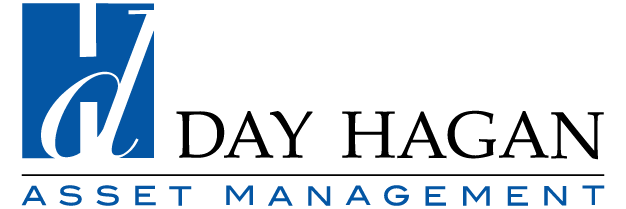
Why Are ETFs
Popular?
Several compelling factors, including liquidity, diversification benefits, cost efficiency, investment flexibility, and tax advantages, underpin the surge in popularity of Exchange-Traded Funds (ETFs). As these advantages gain traction among investors, ETFs are cementing their role as integral components in shaping contemporary investment strategies and portfolios.
Accessibility and Liquidity
Unlike traditional mutual funds, which are priced at day’s end, ETFs can be traded at any point during market hours. This real-time tradability equips investors with the nimbleness to swiftly respond to market developments and capitalize on emerging prospects. It is especially valuable in fast-paced markets or during periods of heightened volatility. Furthermore, this accessibility transcends investor sizes, democratizing access to a diverse spectrum of assets.
Simplified Diversification
ETFs have simplified diversification for investors by offering exposure to a basket of assets within a single investment vehicle. This built-in diversification is a powerful draw for both novice and seasoned investors seeking to mitigate risk. Rather than selecting individual stocks or bonds, investors can opt for a single ETF encompassing an entire index or sector. This approach curtails the impact of underperforming assets on the overall portfolio while simultaneously providing exposure to multiple market segments that may exhibit distinct performance patterns. Diversification through ETFs aligns with modern investment strategies, which prioritize risk management while facilitating potential returns from various sources.
Cost Efficiency and Transparency
In comparison to actively managed funds, ETFs often feature lower expense ratios due to their passive investment approach. This usually means lower management fees for investors, which can have a substantial impact on long-term returns. Additionally, the transparency inherent to ETFs is held in high regard. As ETFs are designed to mirror an underlying index, their holdings are publicly disclosed on a daily basis. This transparency endows investors with a clear comprehension of their owned assets, thereby empowering informed investment decisions. The combination of cost efficiency and transparency resonates with modern investors seeking value, simplicity, and accountability in their investment choices.
Versatile Investment Options
ETFs present a diverse array of investment options catering to varying preferences and strategies. From encompassing broad market indices to specialized sectors, thematic strategies, and even offering inverse or leveraged exposure, ETFs offer investors the tools to tailor their portfolios in alignment with specific objectives. This versatility is consistent with contemporary investment practices that emphasize customization and adaptability. Whether an investor seeks to capture a specific market trend, gain exposure to emerging industries, or implement tactical hedging strategies, ETFs provide the means to realize these objectives.
Tax Efficiency and Portfolio Optimization
Modern investors are increasingly aware of the tax implications on their investment returns. ETFs often have lower turnover compared to actively managed funds, which corresponds to fewer taxable events and leads to diminished capital gains distributions. This tax efficiency is pivotal for investors striving to optimize after-tax returns and retain a larger portion of their gains. Additionally, the ease with which ETFs can be traded allows investors to swiftly adjust their portfolios to uphold target allocations or efficiently rebalance, harmonizing with contemporary portfolio optimization strategies.
Lets Work Together
Interested in working together? Fill out the contact form below and we will be in touch shortly! We look forward to working with you.

